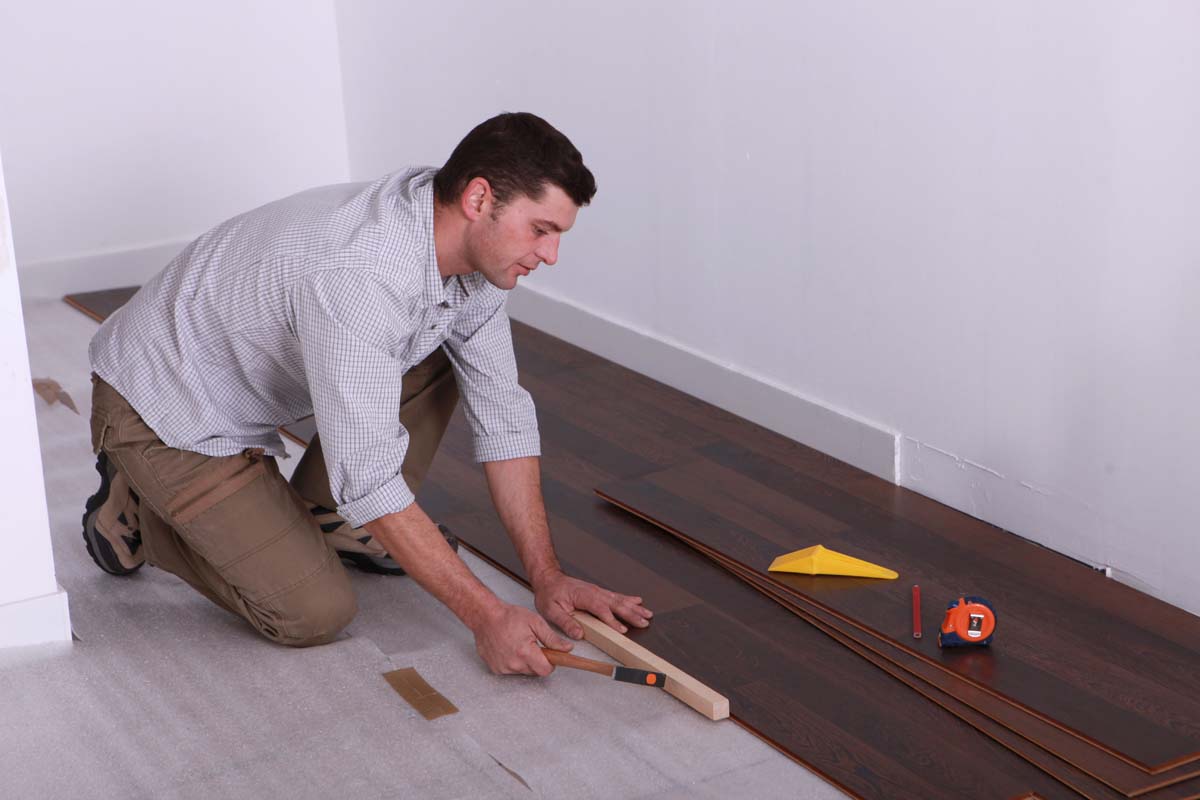Hardwood flooring is a popular choice for homeowners.Hardwood floors add beauty and warmth to any space where they are installed. They can also last years if maintained properly.What is the best upkeep and how long will hardwood floors last?
Here’s how to maximize your hardwood floor’s life span, from installation to daily living.
Life Expectancy
The average answer to the question, “How long will hardwood floors last?” was 25 years.Your new hardwood flooring will last for a lifetime thanks to modern wood-manufacturing techniques and simpler installation methods.
Selecting Your Hardwood
The quality of your flooring’s installation is crucial.Consider durable woods that are less susceptible to warping or scratching when choosing the type of wood you want.Hardwood species such as Oak, Mahogany and Rosewood can be used to make flooring.Avoid soft woods such as pine and fir, which can also absorb moisture and ding more easily.
Hardwood Type: Solid vs. Engineered
What is the average life expectancy of engineered flooring compared to natural hardwood flooring?It is important to remember that engineered hardwood flooring won’t last as long compared to natural hardwood flooring.It lasts longer if it is made of solid wood.Engineered hardwood, however, is susceptible to deterioration.
Engineered wood is not necessarily a bad option. Many people choose engineered flooring because it’s cheaper.Engineered wood planks that thinner tend to last for between 20-30 years.With proper maintenance, well-manufactured engineered flooring can last for many more years.
Vinyl is another popular option for flooring.How long does vinyl flooring stay good?That’s a question we won’t answer in this article.
Priming Your Floor
Check the sub-floor for any cracks or other imperfections that might cause uneven flooring.You must ensure that the sub-floor is level, dry, and free from major damage.
You can use a power sander or trowel to smooth out uneven sub-floors.You’ll need to follow these steps once your sub-floor has been prepared.
Basic Care
Proper maintenance is crucial to ensure the durability of hardwood flooring.You can sweep or vacuum high-traffic areas regularly to keep your floors clean.Avoid using too much water and limit mopping to once per week. A damp mop is better than a wet one.
Avoid using abrasive and alkaline cleaners as they can cause your floors to become duller and more susceptible to scratches.Your hardwood provider will recommend a cleaner or water with a bit of white vinegar.
You can use furniture pads to protect heavy items. Instead of wearing shoes, you can opt for slippers or socks and house slippers.You might consider placing mats or area rug in high-traffic areas.
Return On Investment
Hardwood flooring can offer homeowners a great return on their investment if it is installed correctly and maintained properly.You can achieve a ROI up to 80% depending on the wood and your home’s layout. This could also increase your selling price by 2.5%. Hardwood flooring is not only a plus, but a must-have item for many home buyers. You’ll be glad you invested in hardwood flooring if you ever plan to move.
Are you ready to start your hardwood floor installation project? Call us today to get started.


